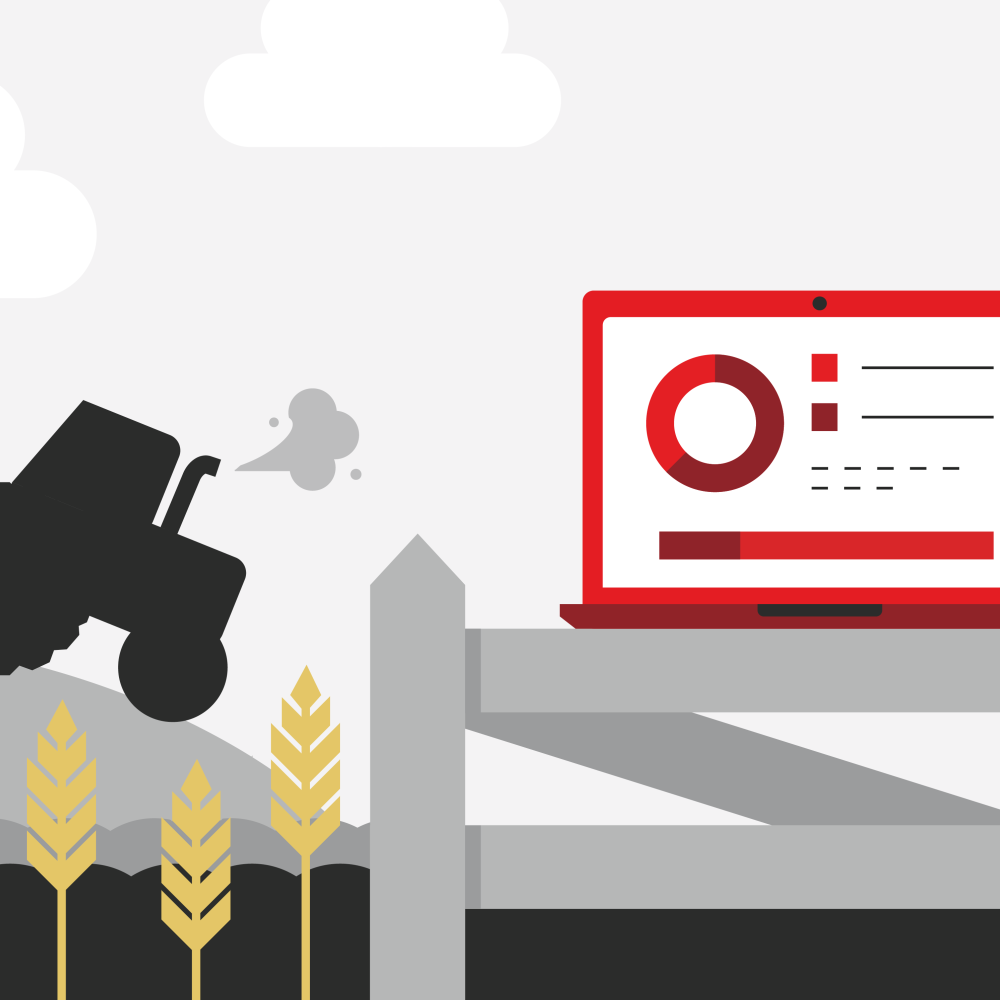Unused Pensions and Inheritance Tax: What’s Changing in 2027
30 July 2025 Reading time: 3 minutes

If you’ve spent years building up your pension pot with the idea of passing on whatever’s left — you’re not alone. For a long time, pensions have been a relatively straightforward, tax-efficient way to leave something behind.
But that’s about to change.
From April 2027, new inheritance tax rules will apply to unused pension pots, and for some families, it could mean a significant tax bill that wasn’t previously on the radar.
So, what’s actually changing?
At the moment, if someone dies and still has money in their pension, that money usually doesn’t count towards inheritance tax — especially if they pass away before the age of 75.
But from April 2027, unused pensions will start to count as part of a person’s taxable estate if they die at age 75 or over.
Which means:
- That money could be subject to inheritance tax at 40%, depending on the total size of the estate
- And if a beneficiary draws money out of the pot, they may also be taxed on it as income
In short: for some people, what they hoped would be a tax-free legacy might be taxed twice.
Who’s this likely to affect?
Let’s be clear — this isn’t something that will apply to every household.
But it’s very relevant if:
- You’ve built up a sizeable pension pot you don’t expect to use in full
- You plan to leave your pension to children or other non-spouse beneficiaries
- You’ll be over 75 when you pass away (which, let’s face it, is most of us)
It’s also worth noting that this doesn’t apply to everything. Spouses, civil partners and charities are still exempt, and if you die before age 75, the existing tax-free rules remain.
Why the change?
According to the government, it’s about closing a tax planning loophole. Pensions were designed to support retirement, not serve as a tax-free inheritance tool — and with more people building up large pots and choosing not to touch them, the Treasury is stepping in.
Whether or not you agree with that logic, the outcome is the same: planning ahead now matters more than ever.
What should you do?
If you’re someone who’s accumulated pension savings and wants to leave them behind for loved ones, it’s a good idea to revisit your estate plans — ideally before 2027.
That might include:
- Reviewing your pension nominations
- Talking to an accountant or adviser about your exposure to inheritance tax
- Considering whether it makes sense to use more of your pension during your lifetime, rather than leaving it untouched
- Exploring ways to structure your estate in a way that’s tax-efficient but still aligned with your goals
This isn’t about panic — it’s about clarity. These rules don’t come in until April 2027, and for many people, the impact will be manageable with the right approach.
Final thoughts
Pensions have long been treated differently to other assets — and that’s exactly why this rule change matters. It’s a shift in how HMRC views unused savings, and it means the old “set it and forget it” approach might no longer serve you or your family as well as it used to.
If you’re not sure where you stand, or what this might mean for your estate, let’s talk.
No hard sell, no panic — just a calm, practical look at your options.
Because the legacy you leave should be shaped by your choices, not just the tax code.
Learn more about Inheritance Tax




